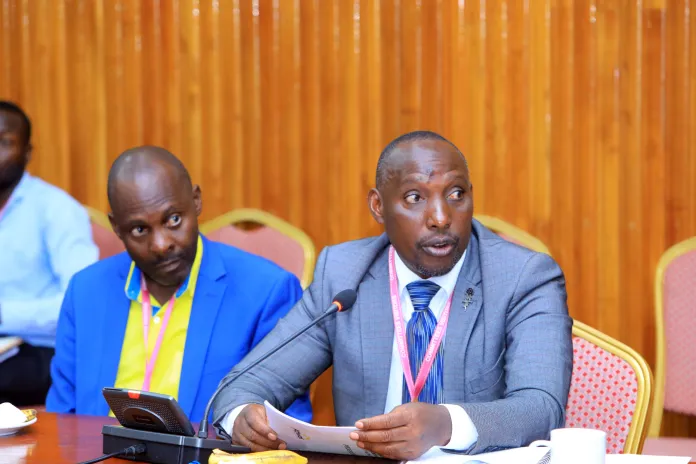The curtain is falling on the World Bank-funded USMID infrastructure project, but the applause is drowned out by cries of frustration and accusations of mismanagement. Officials from beneficiary districts – Ntungamo, Mbarara, and Kabale – have rushed to Parliament, pleading for intervention against rampant political interference and contractor incompetence that have marred the project’s progress.
With an estimated US$150 million loan, USMID aimed to transform urban landscapes in 14 municipalities. Roads, streetlights, drainage systems, markets, and bus terminals were promised, along with a boost in local revenue generation. But as the December 30th deadline looms, the picture is far from rosy.
“Works are incomplete,” lamented Sentaro Byamugisha, Kabale Mayor, appearing before the Parliamentary Committee on Physical Infrastructure. He blamed the delays on a toxic cocktail of political pressure and contractor ineptitude.
Byamugisha narrated a chilling tale of a meeting summoned by the Lands Minister, where the President’s displeasure allegedly hung heavy in the air. Pressure to extend the contract was intense, but Byamugisha stood firm. The consequence? “Before I reached home, the Inspector General of Government issued harsh directives,” he revealed.
These directives, according to Byamugisha, went beyond the legal bounds of the contract, even extending the expired contract by two months. Worse, the district was forced to continue paying the contractor in this illegal limbo.
The Equal Opportunities Commission also entered the fray, summoning town clerks and issuing rulings that Byamugisha saw as blatant intimidation to enforce non-contractual agreements. “Our authority vanished,” he lamented. “We are mere puppets, dancing to the tune of directives, not the contract signed with the contractor.”
The contractor, Multiplex Limited, came under heavy fire for their alleged incompetence and lack of commitment. MPs who visited the three municipalities witnessed the early signs of decay before the project’s completion. Cracked roads in Ntungamo, a shrunken project scope in Ntungamo, and shoddy drainage systems in Mbarara were just some of the glaring examples.
“Ik County MP, Hillary Lokwang, summed up the frustration, stating, “These towns are the worst performers in USMID. Other municipalities have quality roads and facilities. What went wrong here?”
The Parliamentary Committee, recognizing the dire need for action, proposed engaging in discussions to salvage what remains of the project. But the question remains: can USMID’s legacy be salvaged from the wreckage of political meddling and contractor negligence? Only time, and Parliament’s intervention, will tell.




















